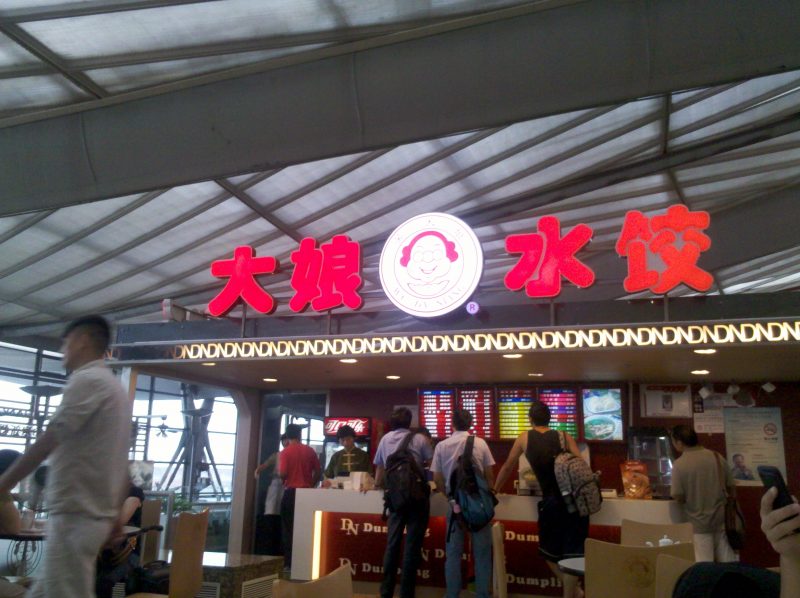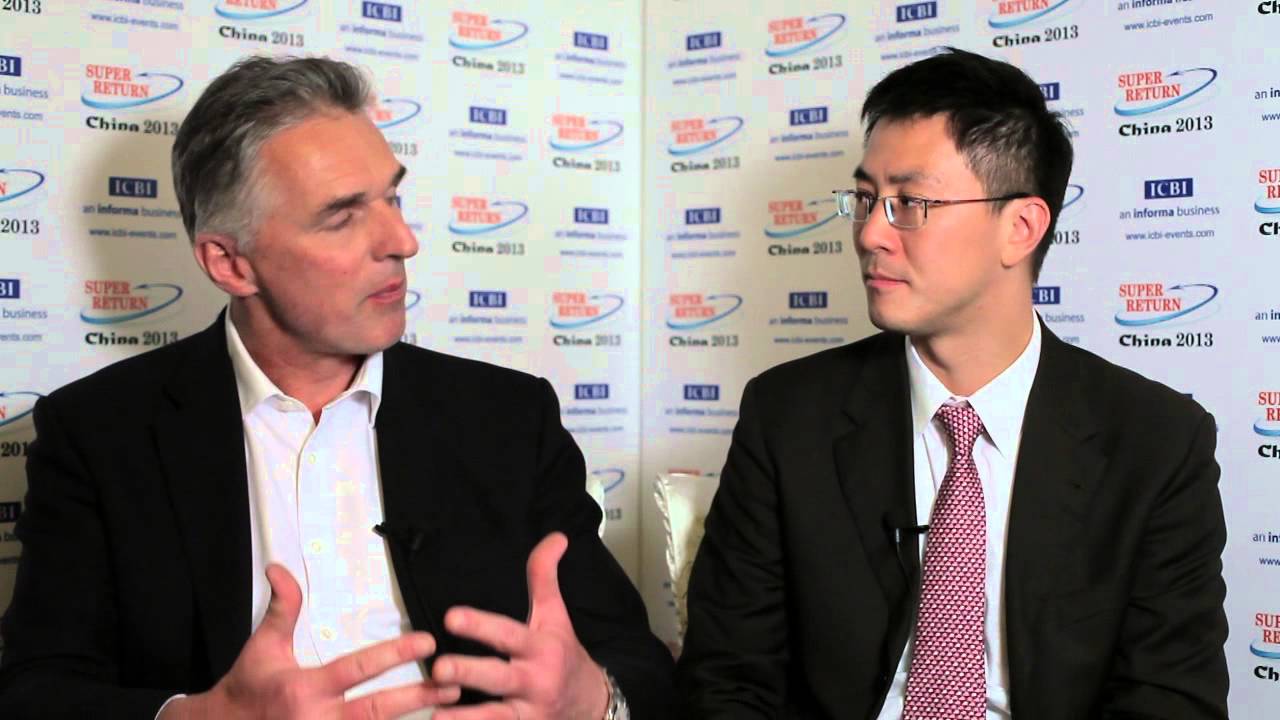Enterprise
-

Chinese hotel management GreenTree Group to buy CVC-backed Da Niang Dumplings
Owner of Green Oriental Hotel and GreenTree Inn Hotel, China hotel management group GreenTree has crossed the border and entered into the catering business via its acquisition of Da Niang Dumplings.
-

China Exim Bank fund buys Hungarian telecom firm Invitel for US$214 million
The China-CEE Fund, which focuses its investments in Central and Eastern Europe, has agreed to buy Hungarian fixed line telecom and broadband internet provider Invitel Group for an enterprise valuation of €202 million (about US$214…
-

Comic art platform Kuaikan Manhua closes US$36 million Series C round led by Tiantu Capital
China consumer-focused GP Tiantu Capital has led a US$36 million Series C round of funding for Kuaikan Comic, a mobile app designed for reading light comics.
-

Axiom Asia Private Capital closes new Asian fund-of-funds at US$1.03 billion
Axiom Asia Private Capital announced the final close of its fourth private equity fund of funds, Axiom Asia IV, at US$1.03 billion.
-

Australian media tech firm Isentia Group buys China Newswire to grow distribution business in Asia
Isentia, a content distribution and media analytics technology company based in Sydney, Australia announces the acquisition of Shanghai-based China Newswire.





